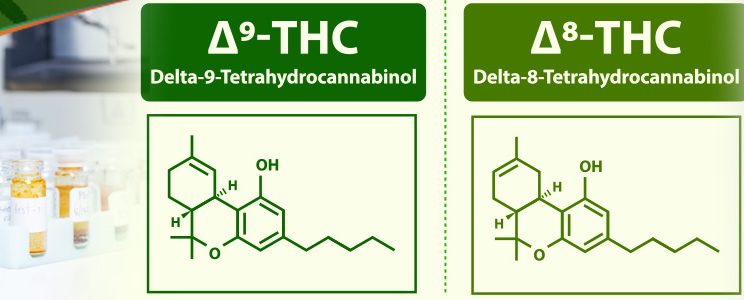Original Release Date: June 28, 2024
In episode two of our Community-based Solutions for Substance Use Challenges season, Just Science sits down with Bill Barbour, Fatal Overdose Surveillance Program Manager at King County Medical Examiner’s Office, to discuss his team’s methods for rapid toxicology results after a suspected overdose death.
For many medical examiner and coroner offices across the country, it can take several weeks to receive results for post-mortem toxicology reports, which leads to outdated drug trend data and an inability to efficiently address and prevent overdoses in the area. In response to this issue, the King County Medical Examiner’s Office in Washington applied for funding to implement the Fatal Overdose Surveillance Program, which takes a multi-pronged approach to quickly screen for drugs after a suspected overdose. Listen along as Bill discusses the goals of the Overdose Surveillance Program, the challenges of implementing drug screening technologies for rapid death certification, and how the King County office uses their findings to educate the community on emerging drug trends and prevention opportunities.
This Just Science season is supported, in part, by RTI Award No. 15PNIJ-21-GK-02192-MUMU, awarded by the National Institute of Justice, and by RTI Award No. 15PBJA-23-GK-02250-COAP, awarded by the Bureau of Justice Assistance. Both are agencies within the Office of Justice Programs, U.S. Department of Justice.
View or download the episode transcript here:
Coming Soon!
Episode Citation
Mullen, L. & Barbour, W. (2024, June 28). Just Science. Just Rapidly Identifying Drugs Involved in Suspected Overdoses. [Audio podcast episode]. National Institute of Justice’s Forensic Technology Center of Excellence. https://forensiccoe.org/podcast-2024-cossup-ep2/.
Guest Biography
Bill Barbour is a Project/Program Manager at the King County Medical Examiner’s Office and has worked in their fatal drug overdose surveillance programs since 2021. He started with the Medical Examiner’s Office in 2001 as a Forensic Autopsy Technician but spent most of his career as a Medicolegal Death Investigator. Prior to managing the fatal overdose surveillance projects Bill also worked as a Drug Surveillance Investigator, the Washington State Fatal Overdose Surveillance Project Manager, and as King County’s Overdose Fatality Review Coordinator.
The opinions, findings, and conclusions or recommendations expressed in this podcast episode are those of the presenter(s) and do not necessarily reflect those of the U.S. Department of Justice.
Contact us at ForensicCOE@rti.org with any questions and subscribe to our newsletter for notifications.




